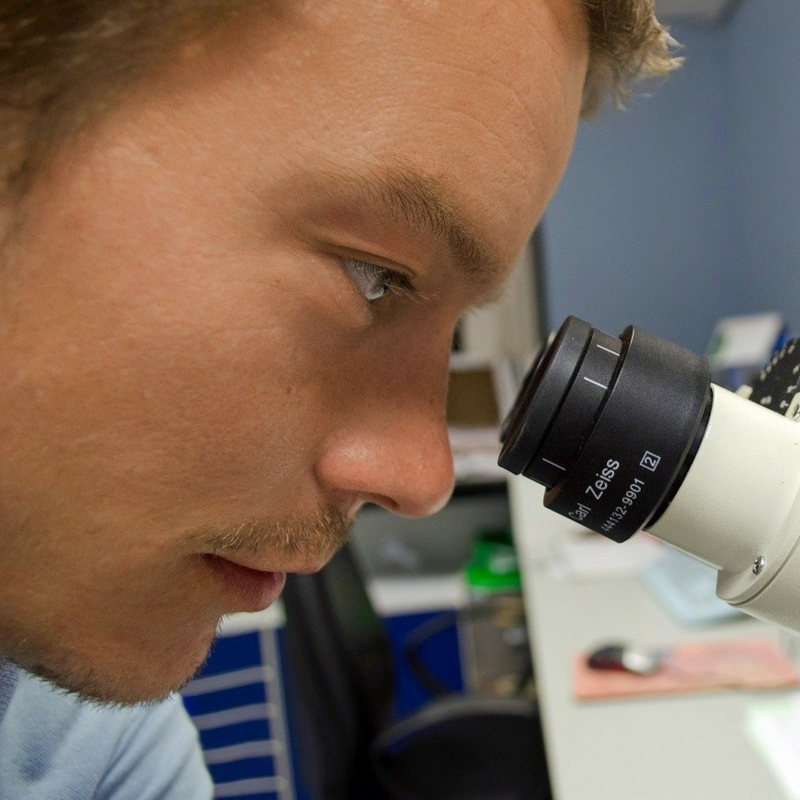Recognising issues of diversity and inclusion in research culture and exploring ways to make the peer review process more inclusive.

'Identity’, the theme of Peer Review Week 2021, is a clear call to examine issues surrounding diversity, equity and inclusion in the peer review process and move towards solutions.
These issues are part of research culture which encompasses the behaviours, values, expectations, attitudes and norms of research communities. Research culture determines the way that research is conducted, reviewed and communicated and influences researchers' career paths.
Recognising issues of diversity and inclusion in research culture
There are continuing concerns over many issues in research culture, including diversity, researcher career structures and publishing, and reward systems. Results from a 2020 Wellcome Research Culture programme report found that ‘60% of survey respondents thought that their working environment was biased in favour of certain groups of people. Over a third of them reported experiencing discrimination during their research career, whereas 46% had witnessed it. The results were particularly high for women – with 44% having experienced discrimination and 51% witnessing it.’
In the same report, ‘BAME respondents said that discrimination was often covert – taking the form of being overlooked for promotions, not being properly credited for work or mentored by senior academics, rather than obvious racist behaviour. This in turn made it more difficult for researchers to call out and report such behaviour.’
Meanwhile ‘Respondents with disabilities reported substantial ableism within research culture. They thought it was significantly harder for disabled researchers to progress their careers and do well.’
Improving research culture
The Royal Society has been leading discussions across the research community about how the future could be different through its recent research culture programme Changing expectations. This programme culminated in an international conference and a range of initiatives have subsequently been set up to improve research culture. One example is the Royal Society’s Résumé for Researchers tool to support wider recognition of diverse contributions and career paths.
Research culture needs to shift to allow peer review to be truly representative. The responsibility for this lies both with the publishers and Editors in selecting reviewers, but also with senior academics to make sure that their students and more junior colleagues are being suggested. So what can publishers do to encourage varied perspectives, lift marginalized voices, and promote healthier discourse in peer review?
Royal Society Publishing initiatives
• Encouraging volunteer reviewers - the Royal Society journals website encourages early career researchers from diverse backgrounds to volunteer to peer review for a Royal Society journal.
• Co-reviewing - we encourage co-reviewing as a way for senior reviewers to give experience and recognition to early career researchers.
• Supporting the Technician Commitment – we’ve updated the Royal Society peer review policy so that Technicians can be listed as authors or contributors in publications in all our journals and act as co-reviewers.
• Commitment for action on inclusion and diversity in publishing – we’ve joined the Royal Society of Chemistry’s new standard to ensure a more inclusive and diverse culture within scholarly publishing.
• Collecting gender data, with permission, during peer review – with this information we can assess and address bias at each stage of the peer review process. The next step will be to address biases relating to other areas of diversity such as ethnicity and disability.
We want the peer reviewers of Royal Society journals to reflect the diversity of our authors and readers. Are you interested in volunteering to be a peer reviewer for the Royal Society journals? To find out more about volunteering, please head over to our Reviewers page.




